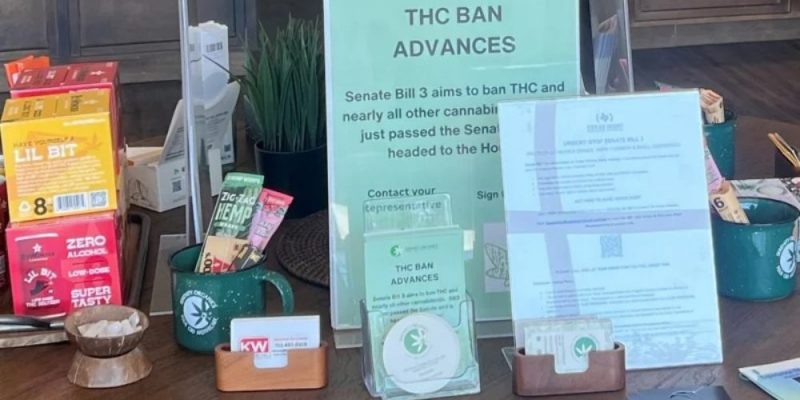
Texas May Put the Brakes on THC Products, Despite Booming Legal Market

Texas lawmakers are now poised to reverse what once seemed like a promising green industry. Although hemp-based THC products saw explosive growth across the state, legislation passed in the Senate threatens to roll that back significantly.
The proposal, which would outlaw nearly all consumable hemp items containing THC, has already raised concerns from business owners, veterans, and civil liberties groups.
From Industry Boom to Potential Ban
After the 2018 U.S. farm bill opened the door to hemp production, Texas quickly followed suit. That move spurred an unexpected surge in THC-infused gummies, drinks, vapes, and edibles. While supporters welcomed the economic opportunity, critics argued the industry lacked necessary guardrails.
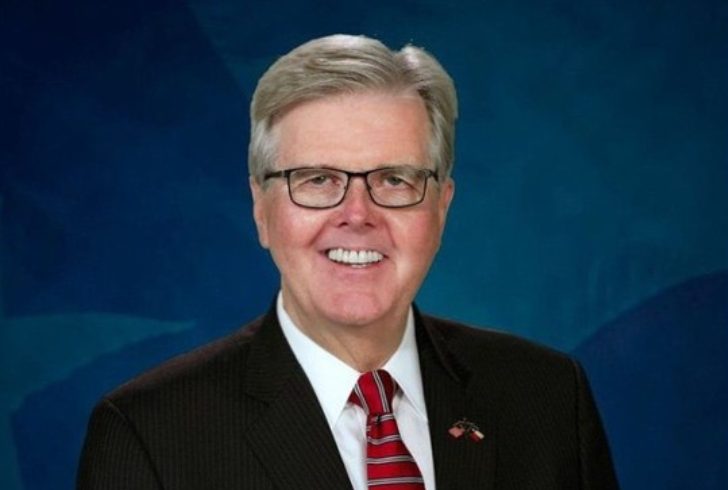
Instagram | @nationalltgovernorsassoc | Dan Patrick pushes new laws as THC products face growing public concern.
The matter was presented in a stark manner by Lieutenant Governor Dan Patrick, who is leading the legislative campaign. “This is a poison in our public,” he said, stressing the bill as a necessary safeguard. His goal, he stated, centers on reducing public health risks, especially among youth.
Public Health and Safety Concerns Rise
Supporters of the ban have cited health risks associated with unregulated THC consumption. According to medical studies, high levels of THC can link to psychosis, schizophrenia, and other long-term effects. Tragically, some have shared personal stories as cautionary examples.
Alexandra Hess spoke at a House committee hearing about her brother’s death, which she connected to THC-induced psychosis. “I wish Joshua was here to tell you his story firsthand,” she said. “But he didn’t survive his last psychotic break.”
Lawmakers backing the bill argue that public safety outweighs the industry’s financial benefit. “Profit over people is never an excuse to ignore the people,” Senator Charles Perry stated bluntly.
Economic Fallout Could Be Enormous
Still, business owners and consumers worry the bill may have far-reaching consequences. Texas now supports an $8 billion hemp market, according to some estimates. Others, like the consulting firm Whitney Economics, peg it closer to $5.5 billion. Even at the lower estimate, the sector contributes over $260 million in tax revenue.
Yet that revenue, say proponents of the bill, doesn’t offset the social cost. But dispensary owners such as Melanne Carpenter, who runs Serenity Organics, argue that responsible regulation—not prohibition—is the real solution. “Most of my customers are between 40 and 60,” Carpenter said. “They use these products for anxiety, pain, and sleep.”
She supports age restrictions and stricter labeling but opposes an outright ban. “I’d be forced to shut down,” she explained. “And that doesn’t stop people from finding these products elsewhere.”
Veterans Join the Fight Against a Ban
Perhaps the most compelling opposition has come from veterans who rely on hemp-based products for pain relief and PTSD management. Terence Jones, a Texas veteran who lost both legs in Afghanistan, testified that THC products helped him transition away from opioid dependence.
“I chose to quit pharmaceuticals and switch to hemp and THC products,” he said. “That decision saved my life.”
Many veterans say banning these products would not only harm them but push them toward more dangerous or addictive alternatives.
THC Regulation vs. Prohibition
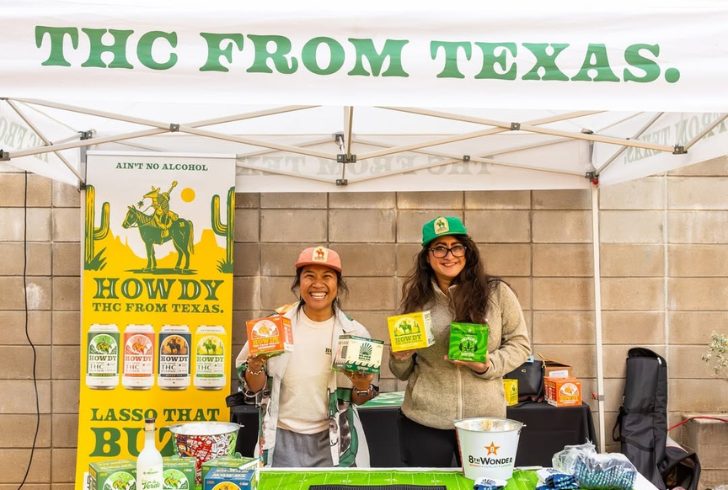
Instagram | @culturemapatx | Texas’ THC industry’s growth faces a potential halt as safety concerns spark intense debate over its future.
The ongoing debate highlights a central divide: is regulation enough, or is prohibition the only answer? Senator José Menéndez supports a tighter framework but stops short of a ban. He advocates placing dispensaries far from schools and requiring strict ID checks. “Treat it like alcohol or tobacco,” he said. “Make it accessible only to consenting adults.”
Others warn that prohibition could push the market underground. “The $8 billion is still there,” Carpenter said. “If Texas businesses don’t get it, cartels or other states will.”
The implication is clear: banning THC won’t eliminate demand—it might only change where Texans get it.
Policy, Public Health, and Economic Priorities Collide
The Texas THC market now stands at a crossroads. While public safety concerns carry weight, the proposed ban also threatens jobs, small businesses, and access for people using these products responsibly. The debate continues to stir emotional responses on both sides, and the coming weeks may define the future of this rapidly growing sector.
As the state legislature weighs its next steps, many in Texas continue to ask: will thoughtful regulation prevail, or will prohibition reset the clock on an $8 billion industry?
Texans continue to advocate from both sides—some for protection, others for access. With strong opinions driving the conversation, this battle is far from over. Lawmakers now face the challenge of balancing public safety with personal freedom and economic growth.
More in Business
-
`
US Opposes Hezbollah Ally’s Appointment to Lebanon’s Finance Ministry
The United States is actively pressuring Lebanese officials to block Hezbollah and its allies from selecting the country’s next finance minister....
February 12, 2025 -
`
Ed Sheeran Becomes the First International Artist to Perform in Bhutan
Ed Sheeran has achieved a groundbreaking milestone in his music career. The “Bad Habits” singer, 33, became the first international artist...
February 5, 2025 -
`
New Jersey Issues Warning to 11,000 Businesses for Selling Flavored Vapes
In New Jersey, flavored vape products are illegal, but thousands of businesses continue to violate the law. According to Attorney General...
January 29, 2025 -
`
Why Prince Harry and Meghan Markle Hide Their Children’s Faces Online
Prince Harry and Meghan Markle remain two of the most talked-about public figures, yet their approach to sharing details about their...
January 22, 2025 -
`
Why Are Innovation Hubs Crucial for Entrepreneurial Success?
Innovation hubs are transformative spaces that empower entrepreneurs by providing the resources, mentorship, and collaborative environments needed to turn their ideas...
January 14, 2025 -
`
How to Finance an ATM Business in 3 Easy-to-Follow Steps
Starting an ATM business can be a fantastic way to earn passive income, but the first hurdle is figuring out how...
December 19, 2024 -
`
Former RXBar CEO Peter Rahal is Betting Everything on New Protein Bar Startup, David
Peter Rahal, the visionary entrepreneur behind RXBar, is back with a bold new venture. After selling RXBar to Kellogg’s for a...
December 15, 2024 -
`
Can investing in Nvidia Still Offer Value After Its Explosive Growth?
This year, Nvidia has been one of the stock market’s most impressive performers. Starting at $50 per share (split-adjusted) in January,...
December 6, 2024



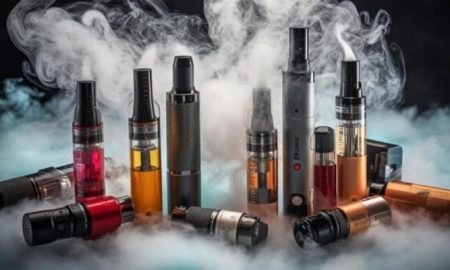


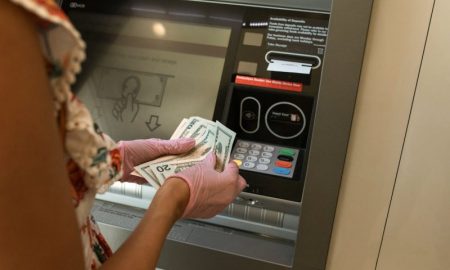






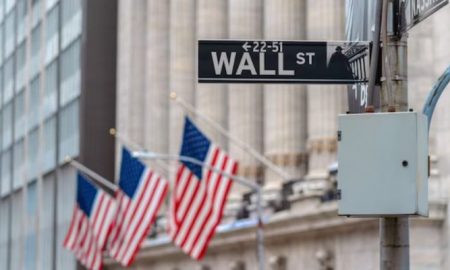
You must be logged in to post a comment Login